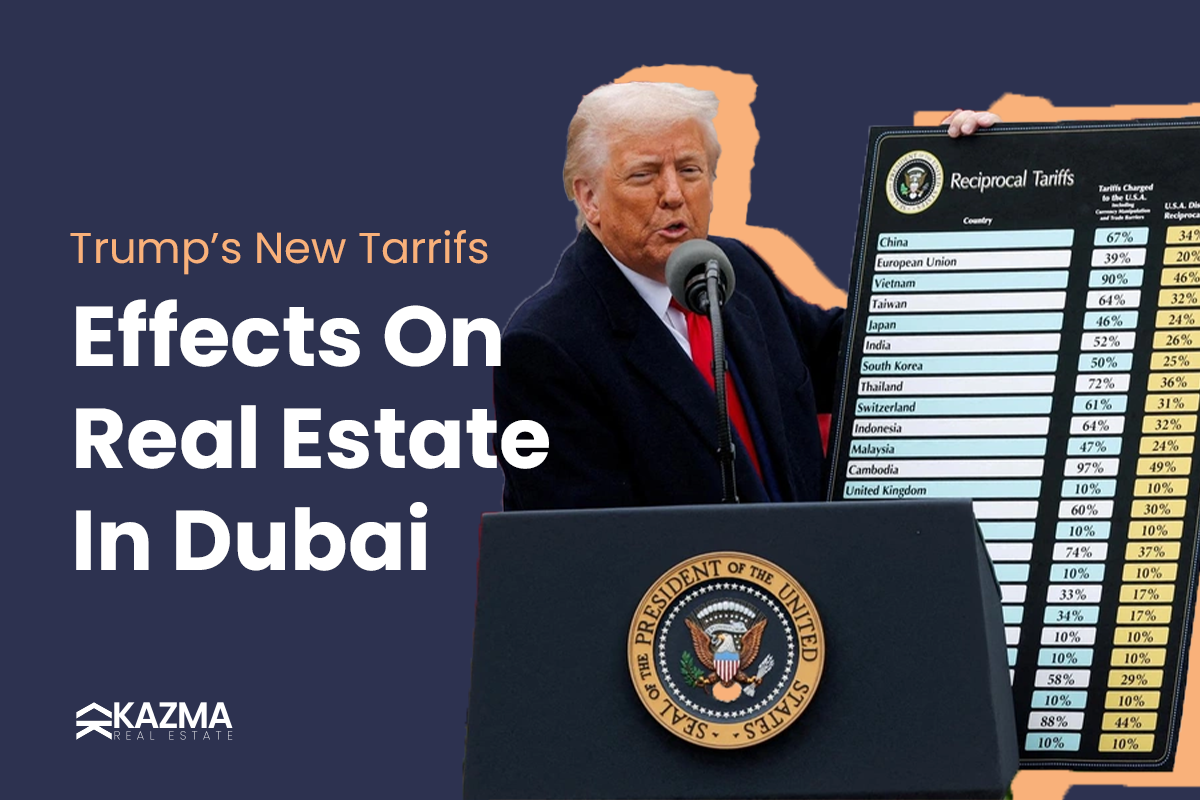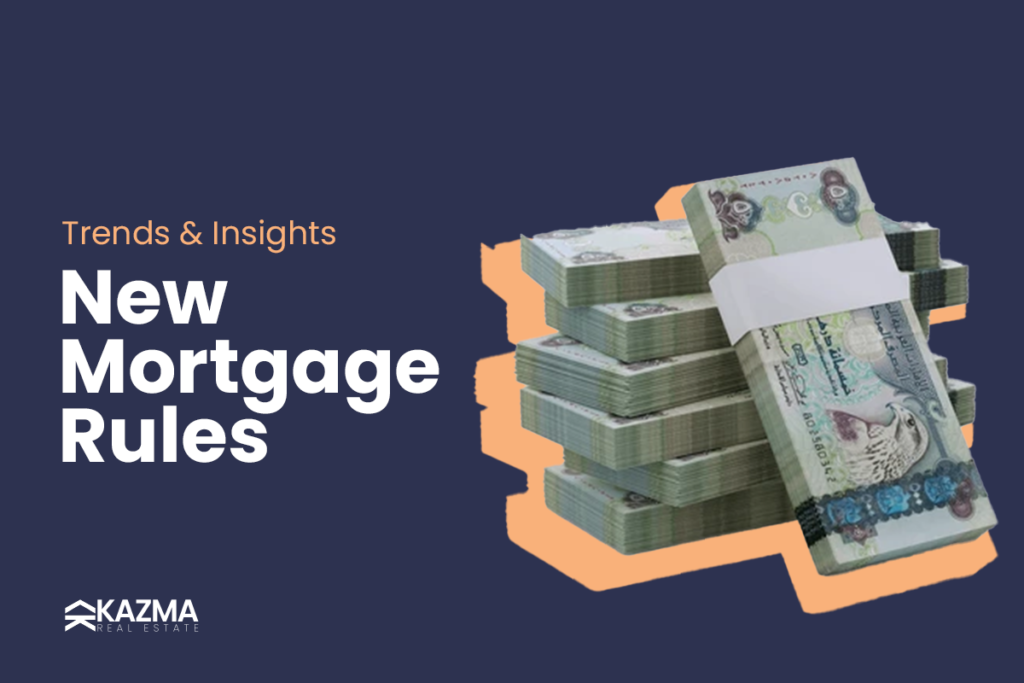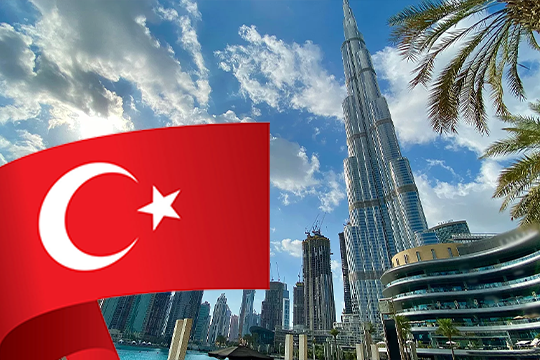Trump's Tariffs Boost Dubai Real Estate Boom!

Introduction
In April 2025, President Donald Trump announced a significant escalation in U.S. trade policies, imposing a 10% tariff on all imports from around the world, effective April 5, 2025. This move, part of a broader protectionist strategy, has far-reaching implications for global trade and economies, including the United Arab Emirates (UAE). Here’s an analysis of how these tariffs might affect the UAE and its thriving real estate market.
Trump's Tariff Policy: An Overview
Trump’s tariffs are designed to address what he describes as a “large and persistent U.S. trade deficit.” The policy includes a baseline 10% tariff on imports from all countries, with higher rates for specific nations with significant trade deficits with the U.S. The UAE, along with Saudi Arabia, faces a 10% tariff, while other Middle Eastern countries like Jordan face higher rates
Impact on the UAE Economy
The introduction of these tariffs is expected to have varied effects on the UAE economy:
Export Challenges: The tariffs will increase export costs for UAE businesses, potentially reducing their competitiveness in the U.S. market. This could lead to decreased export volumes and revenues, particularly affecting sectors like aluminium, where the UAE is a significant supplier.
Diversification as a Shield: Despite these challenges, the UAE’s diversified economy is likely to mitigate the overall impact. The country’s strategic partnerships and its role as a logistics hub help maintain economic resilience.
Energy Sector Considerations: As a major oil exporter, the UAE is sensitive to global energy demand. Trade tensions could slow economic growth, potentially reducing oil consumption and affecting export revenues.
Effect on the UAE Real Estate Market
Surprisingly, the UAE real estate market, particularly in Dubai, might benefit from these global trade shifts:
Investment Opportunities: The UAE’s free trade zones and strategic location make it an attractive destination for businesses seeking to avoid tariffs. This could lead to increased investment in real estate as companies relocate or expand operations in the region.
Infrastructure Investments: The UAE’s substantial investments in infrastructure, including roads, transport, and logistics, position it well to handle increased demand from relocating businesses.
Residential Market Growth: Dubai’s residential sector is experiencing significant growth, with property prices expected to rise further. The tariffs could accelerate this trend as more investors and businesses look to the UAE for stability and cost-effectiveness.
Conclusion
While Trump’s tariffs present immediate challenges for certain UAE sectors, the country’s diversified economy and strategic advantages are likely to limit the overall impact. The real estate market, particularly in Dubai, stands to benefit from increased investment and business relocation due to its favorable business environment and infrastructure. As global trade dynamics continue to evolve, the UAE remains poised to capitalize on these changes, offering a stable and attractive destination for investors and businesses alike.
Stay in the loop
Receive valuable insights, news, guides and reports
You might also be interested in...

My mission is to empower individuals to confidently navigate the real estate market by providing the tools and guidance they need to achieve their goals, whether for personal use or investment. With a focus on integrity, expertise, and trust, I am dedicated to delivering real value to clients, guiding them through every step of their journey, and building strong, lasting relationships.




